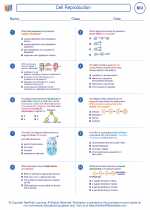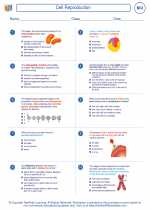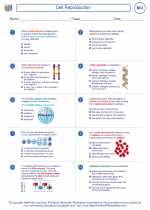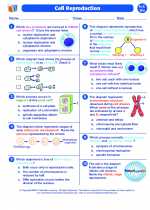Pressure
Pressure is defined as the force applied perpendicular to the surface of an object per unit area. It is a measure of how much force is distributed over a certain area. The formula for pressure is:
Pressure (P) = Force (F) / Area (A)
Factors Affecting Pressure
- Force: The greater the force applied, the higher the pressure.
- Area: The smaller the area over which the force is distributed, the higher the pressure.
Units of Pressure
The SI unit of pressure is the Pascal (Pa), which is equal to one Newton per square meter (N/m2). Other common units of pressure include atmospheres (atm), millimeters of mercury (mmHg), and pounds per square inch (psi).
Applications of Pressure in Biology
Pressure plays a crucial role in various biological processes, including:
- Blood Pressure: The pressure exerted by circulating blood on the walls of blood vessels. It is essential for the proper functioning of the cardiovascular system.
- Gas Exchange: Pressure gradients drive the exchange of gases in the respiratory system, such as during inhalation and exhalation.
- Cellular Processes: Pressure gradients across cell membranes are involved in processes like osmosis and the transport of substances into and out of cells.
Study Guide
To effectively study the topic of pressure, consider the following key points:
- Understand the concept of pressure and its mathematical formula.
- Learn about the factors that affect pressure, including force and area.
- Memorize the units of pressure and how to convert between them.
- Explore the applications of pressure in biological systems, such as blood pressure and gas exchange.
- Practice solving problems involving pressure, force, and area to strengthen your understanding of the topic.
By mastering the concept of pressure and its applications, you will gain a deeper understanding of various biological processes and their underlying physical principles.
.◂Biology Worksheets and Study Guides High School. Cell Reproduction

 Worksheet/Answer key
Worksheet/Answer key
 Worksheet/Answer key
Worksheet/Answer key
 Worksheet/Answer key
Worksheet/Answer key
